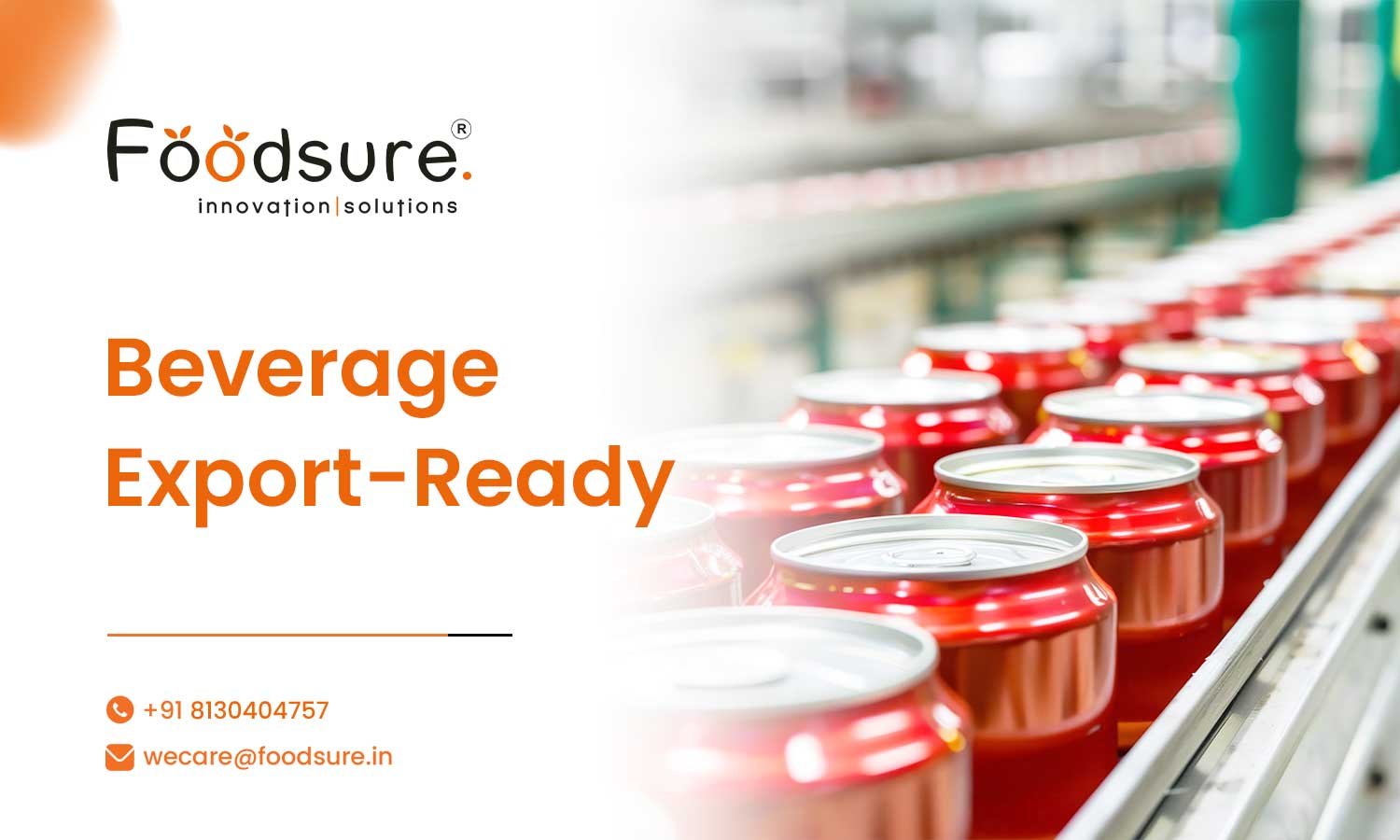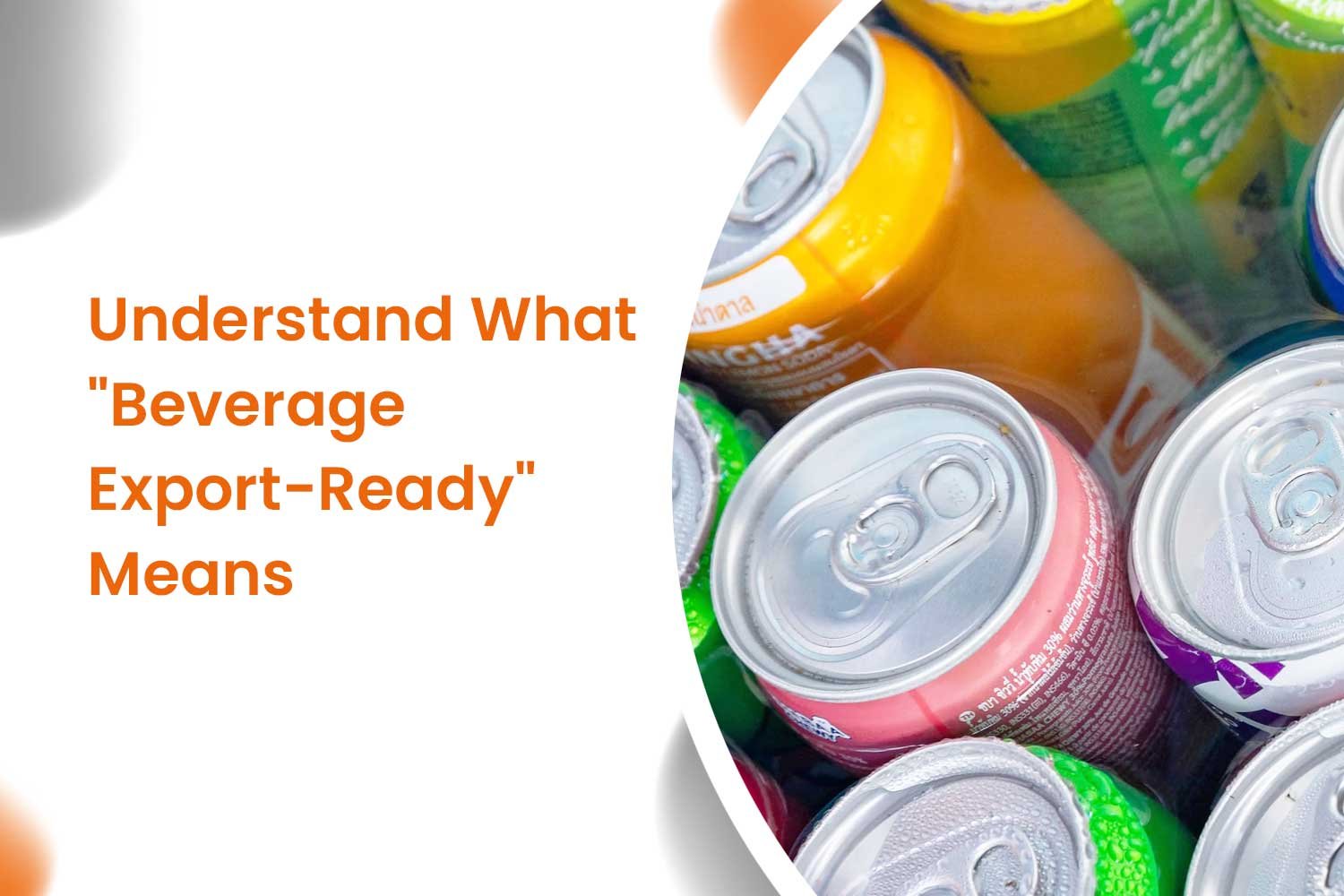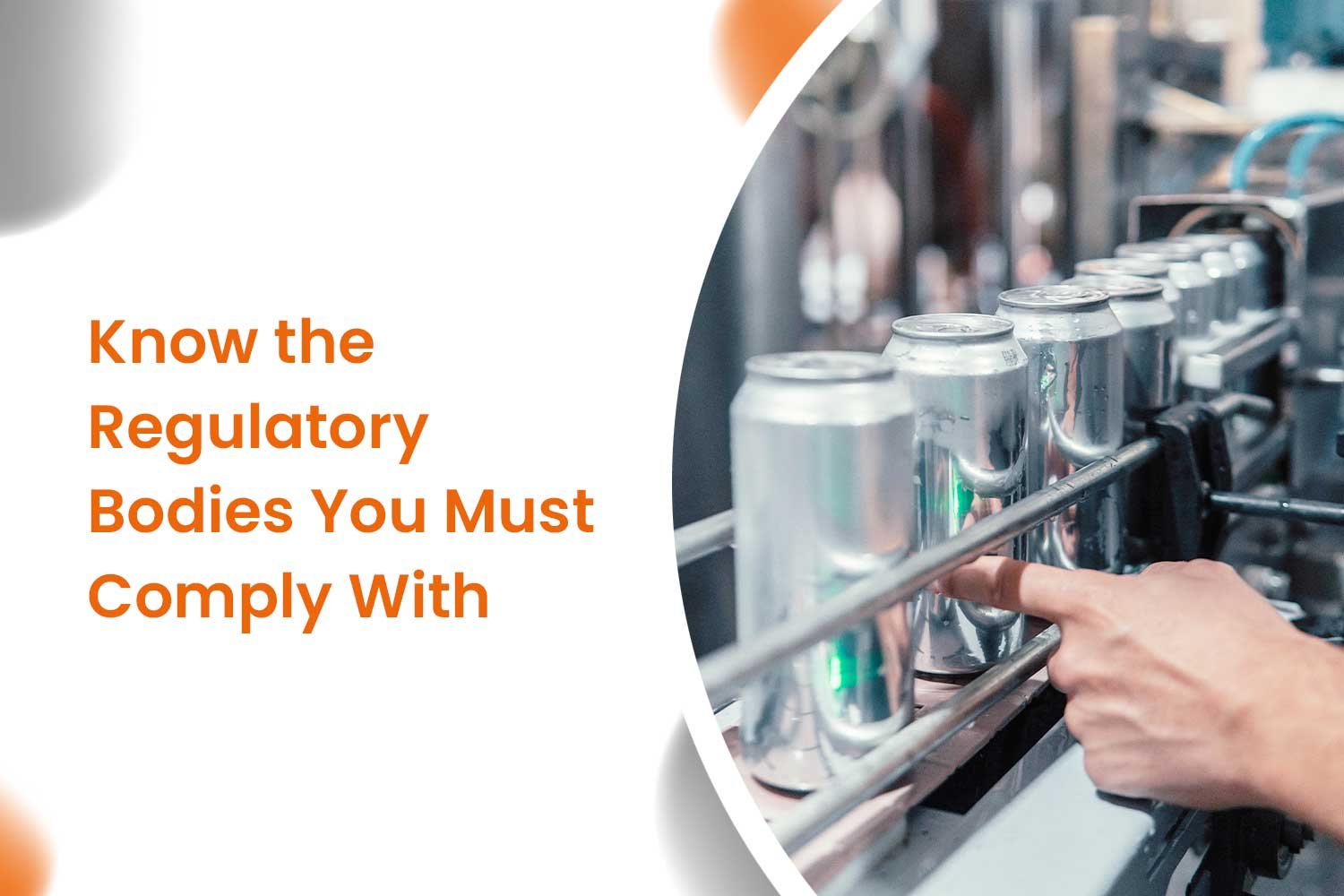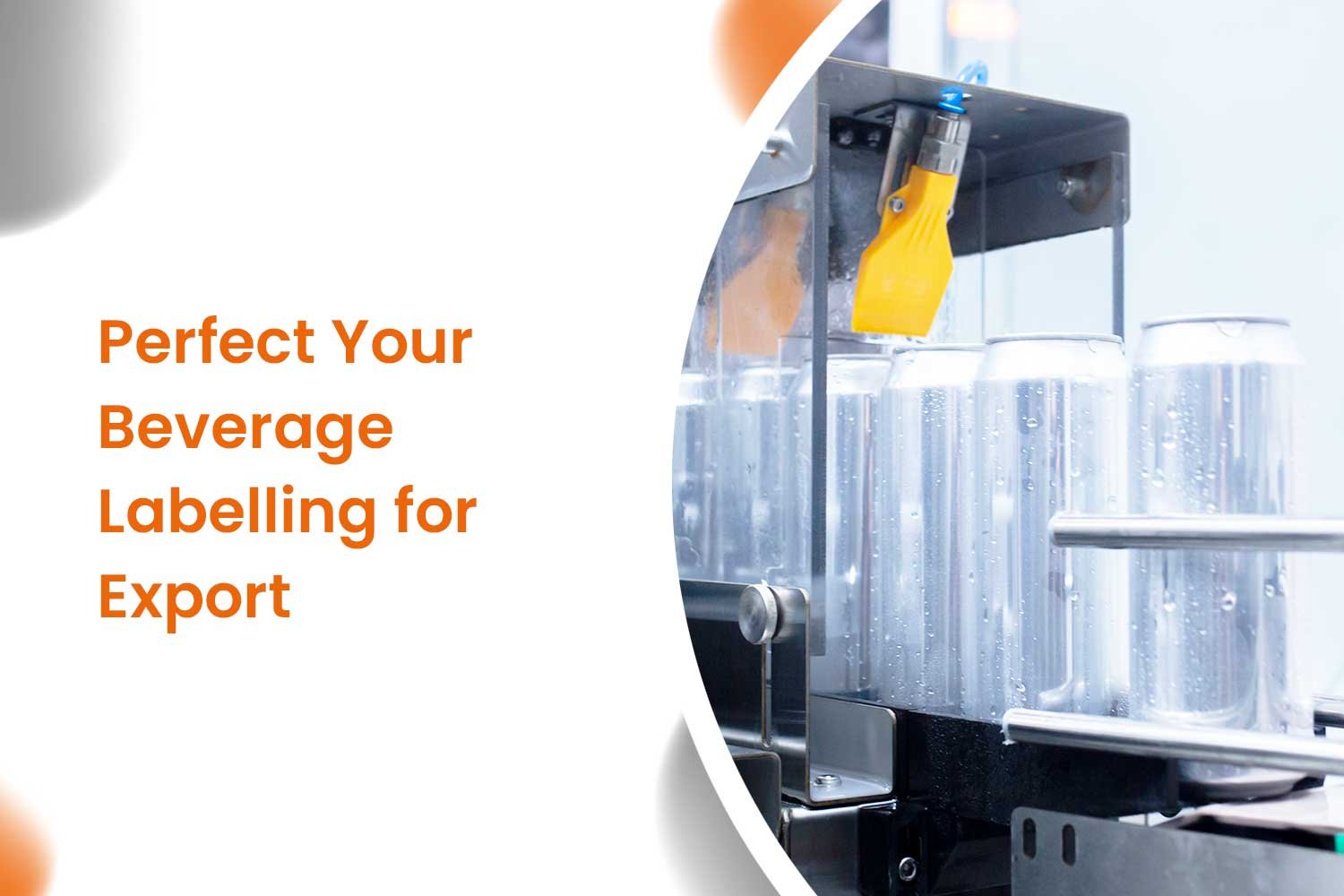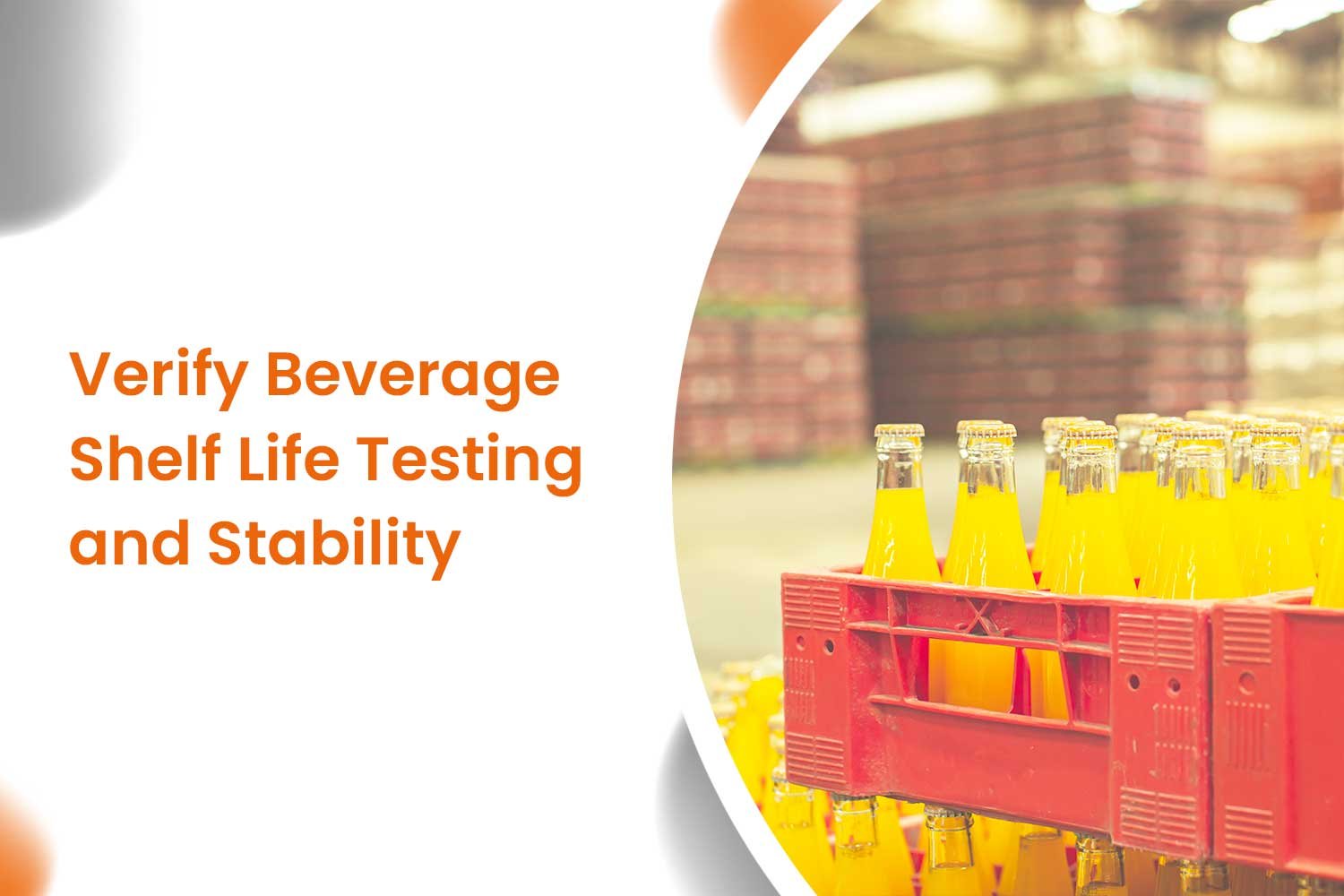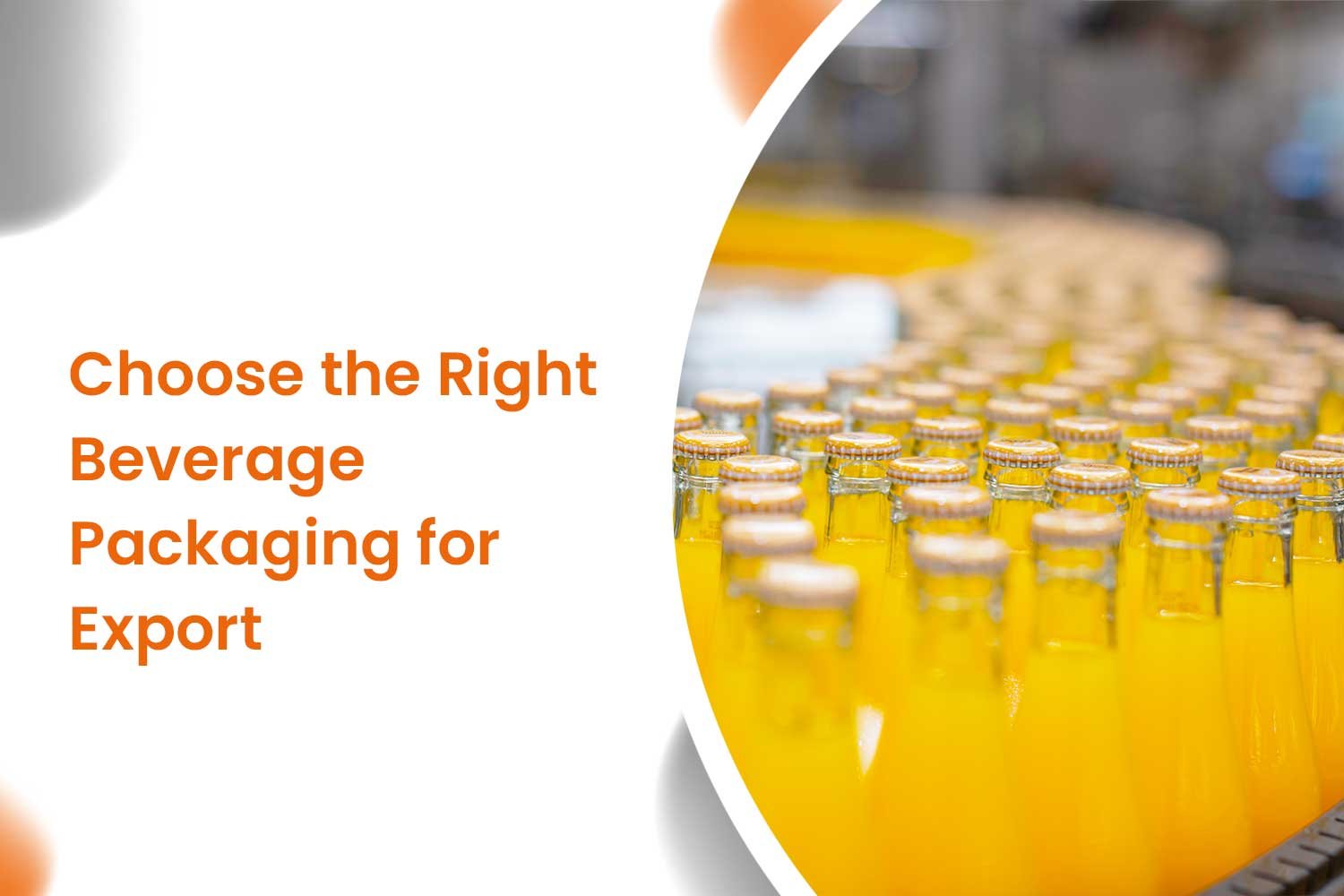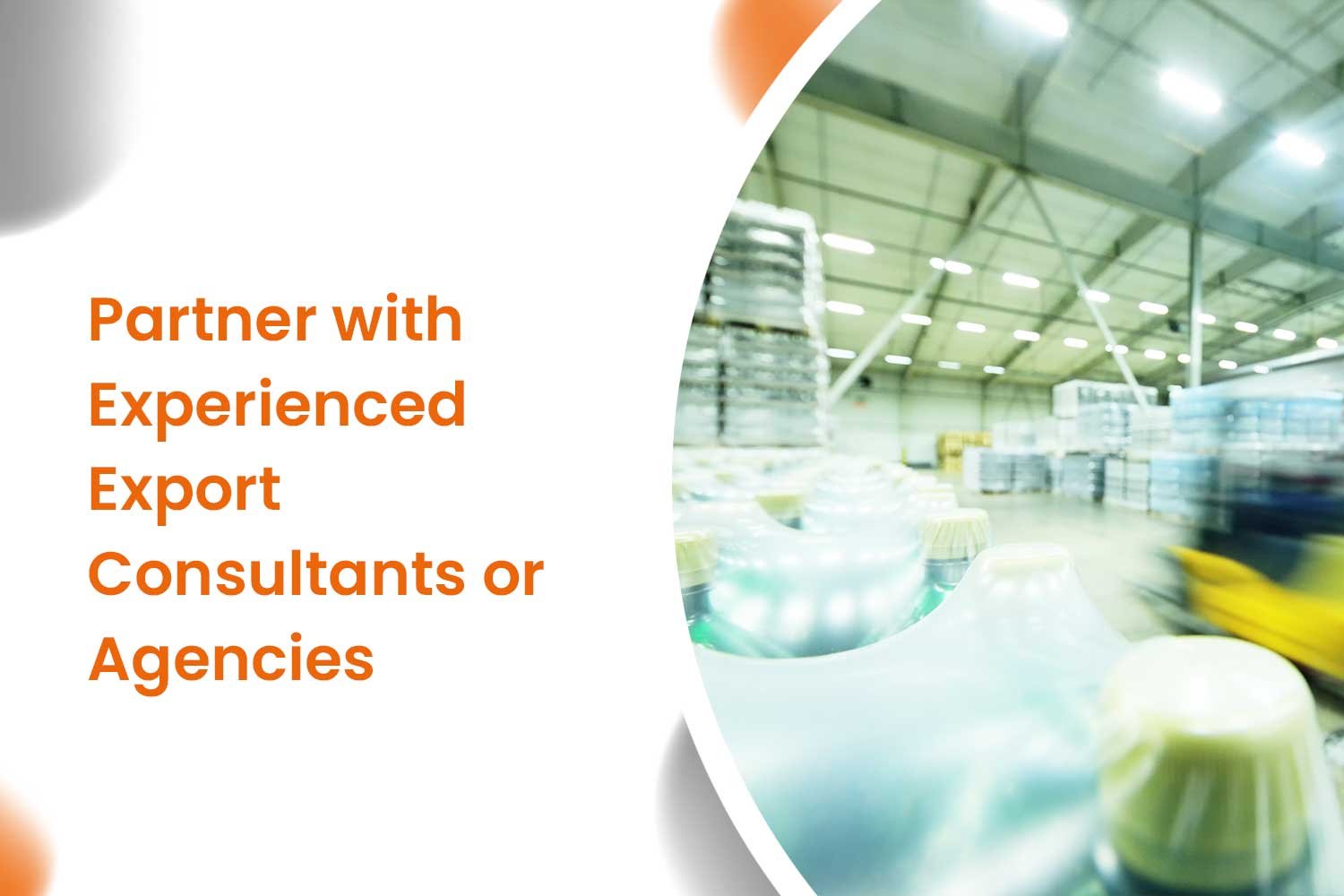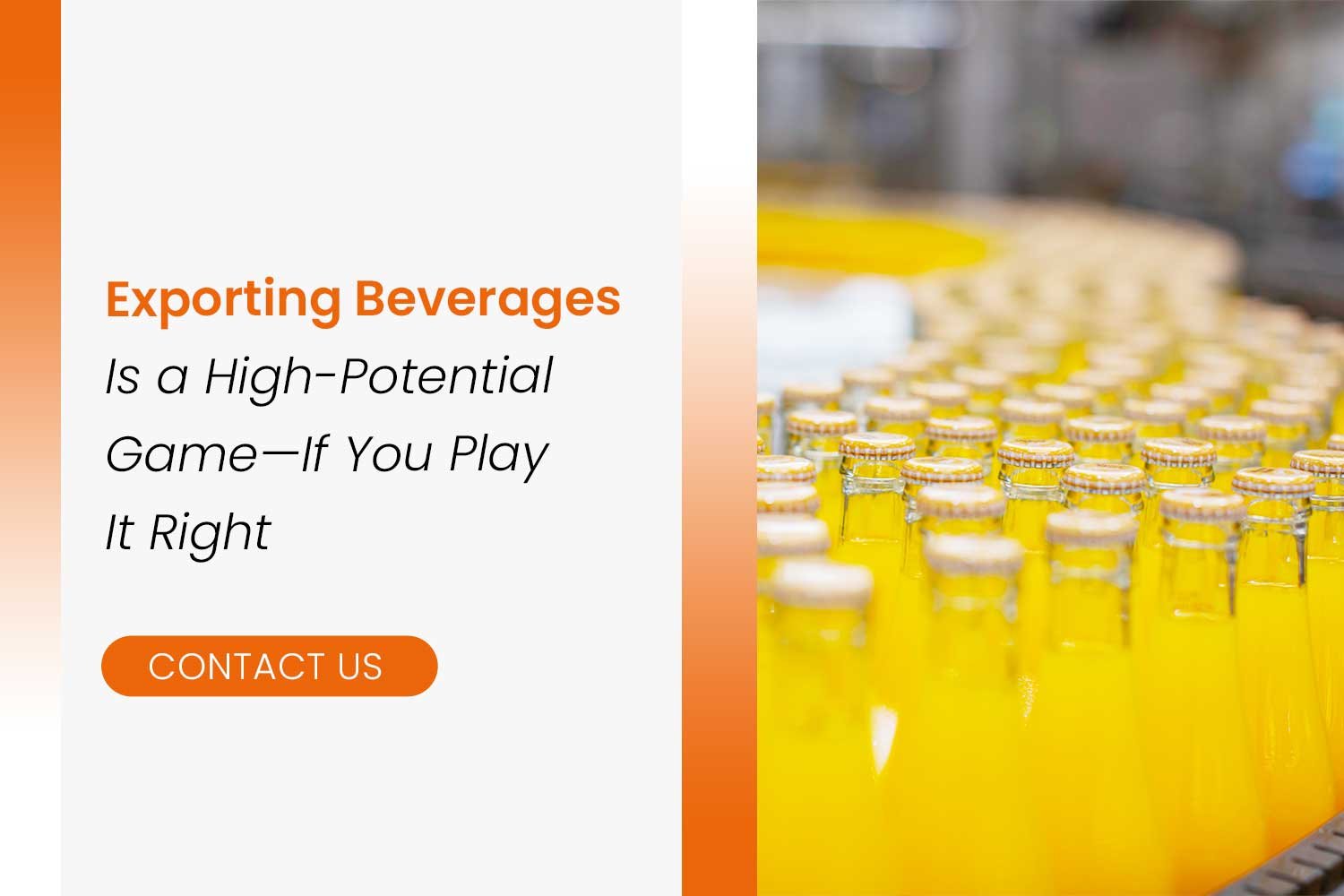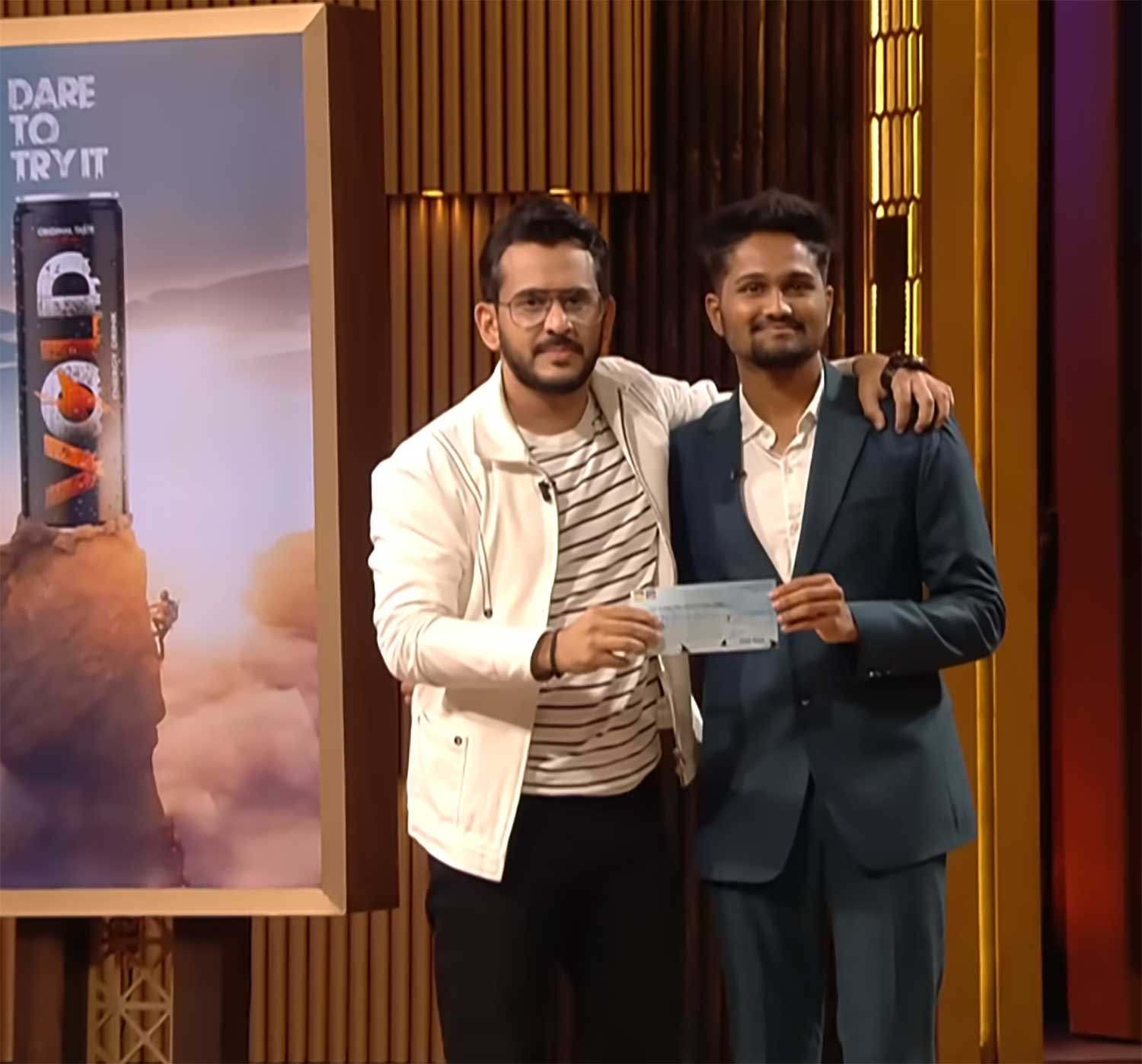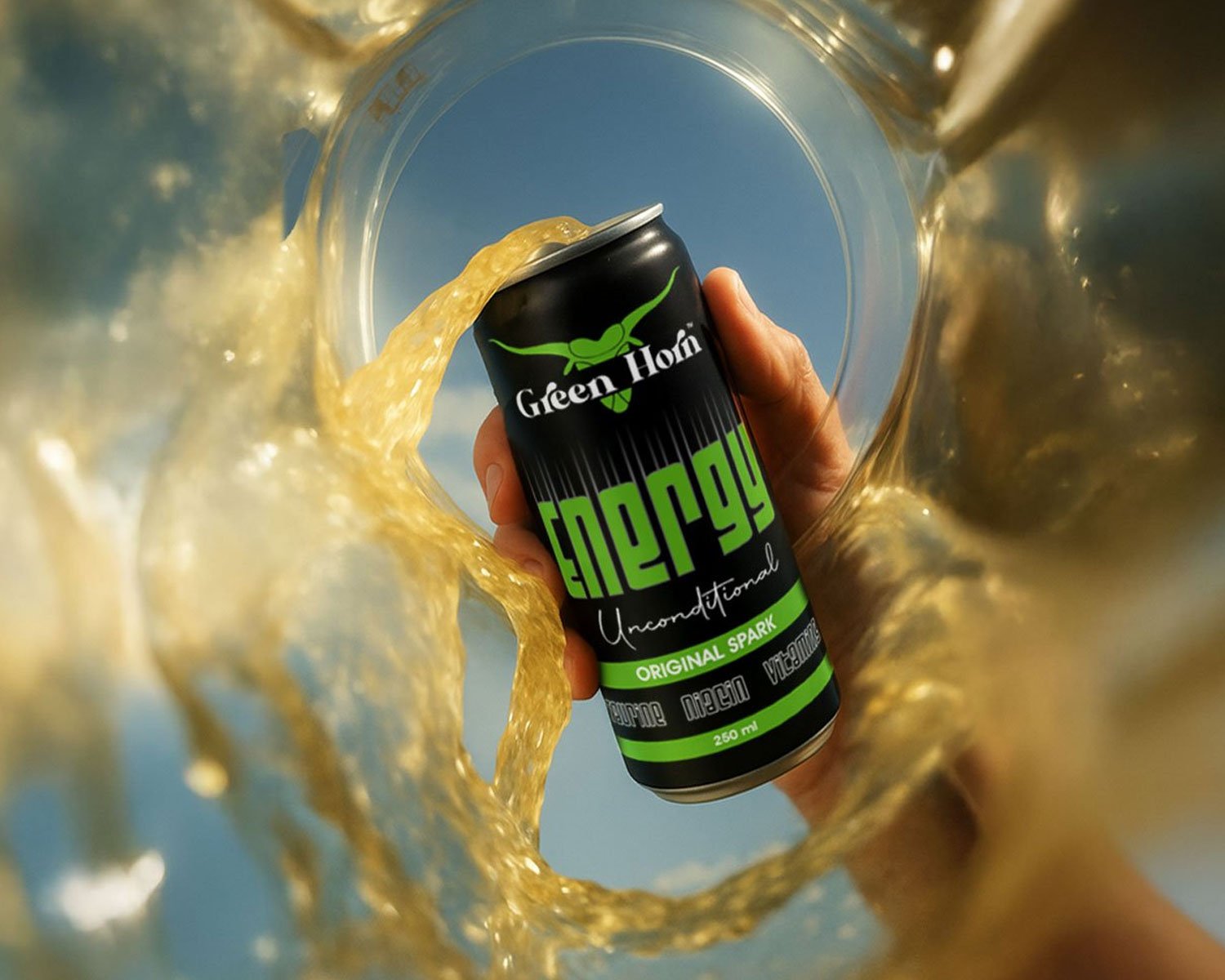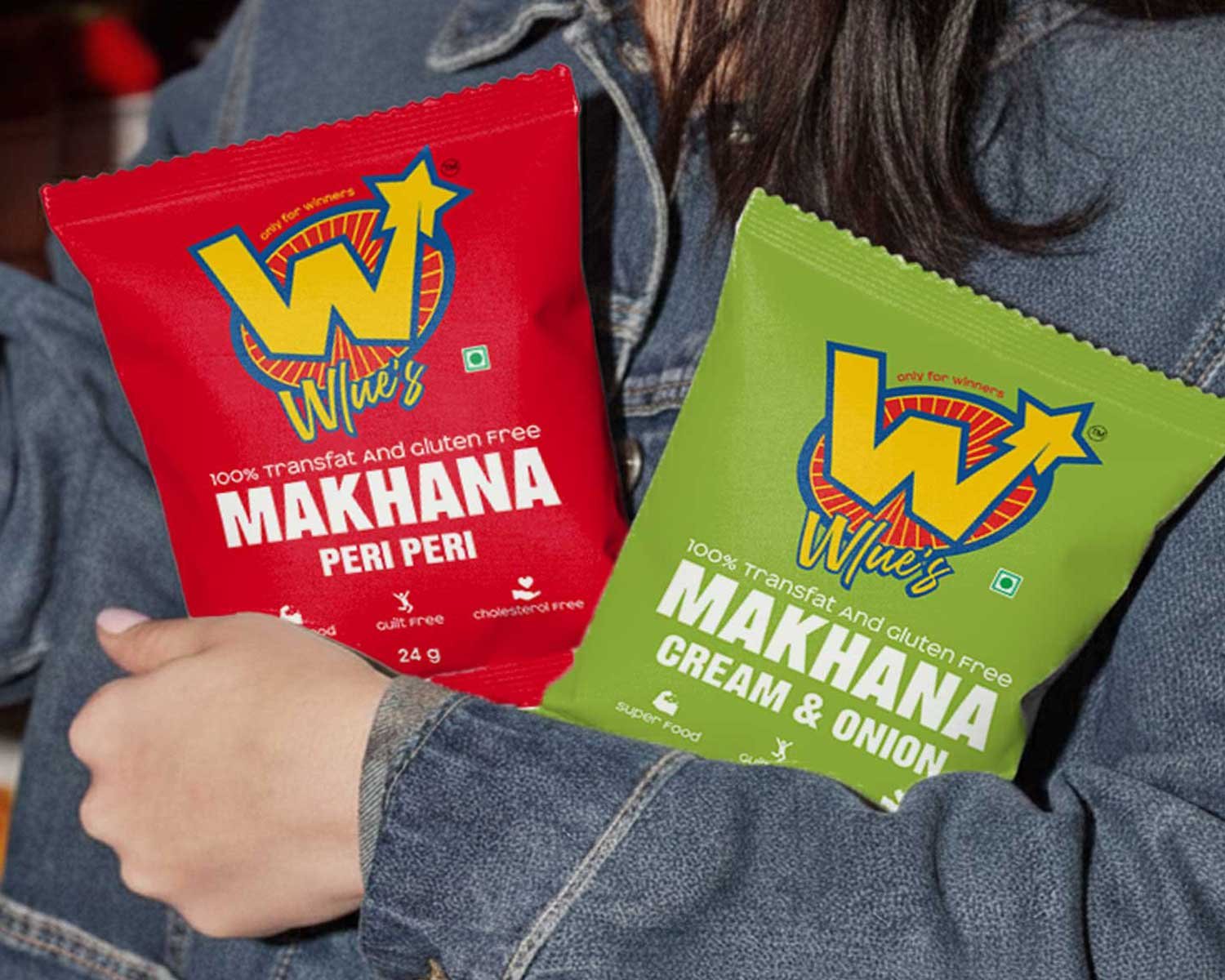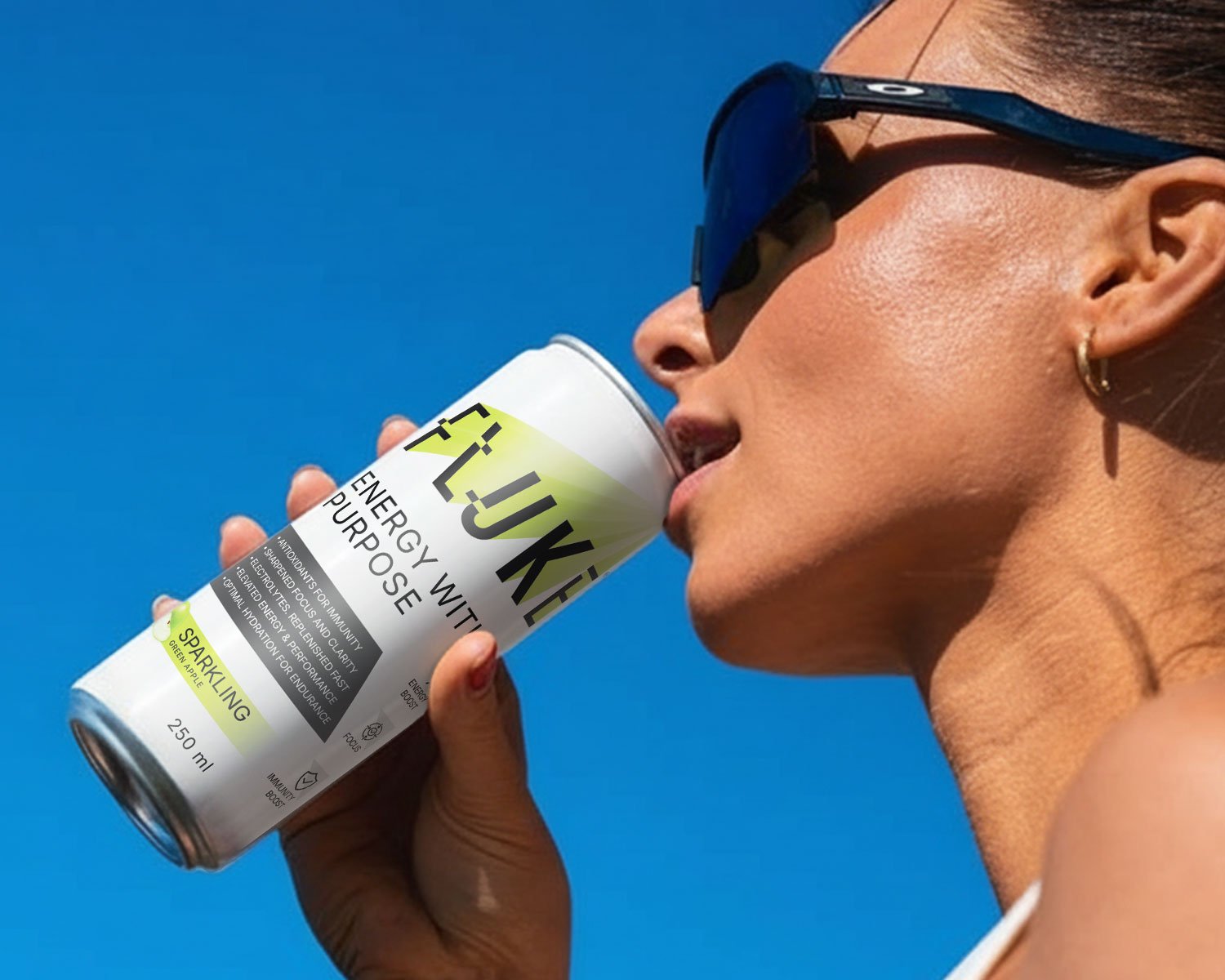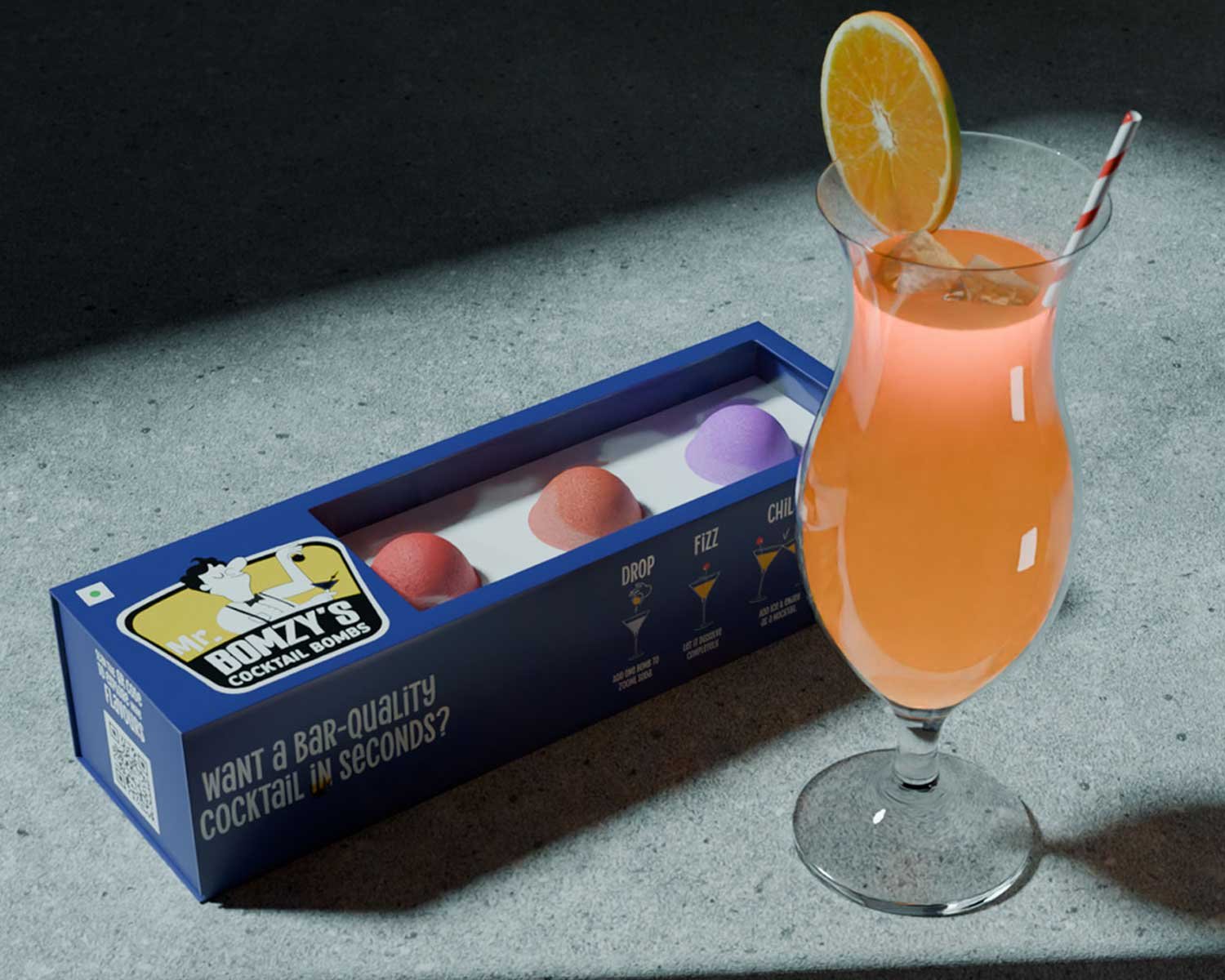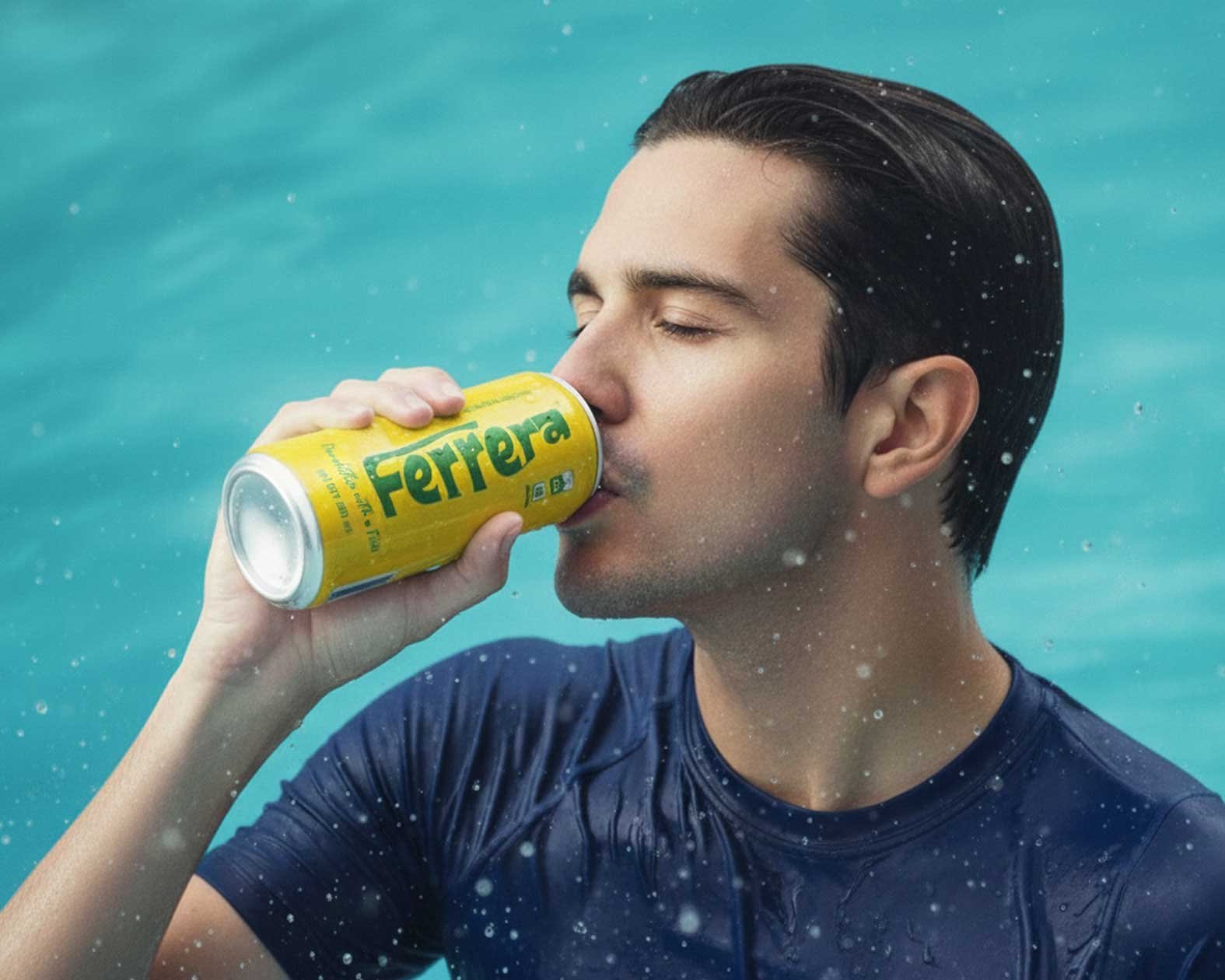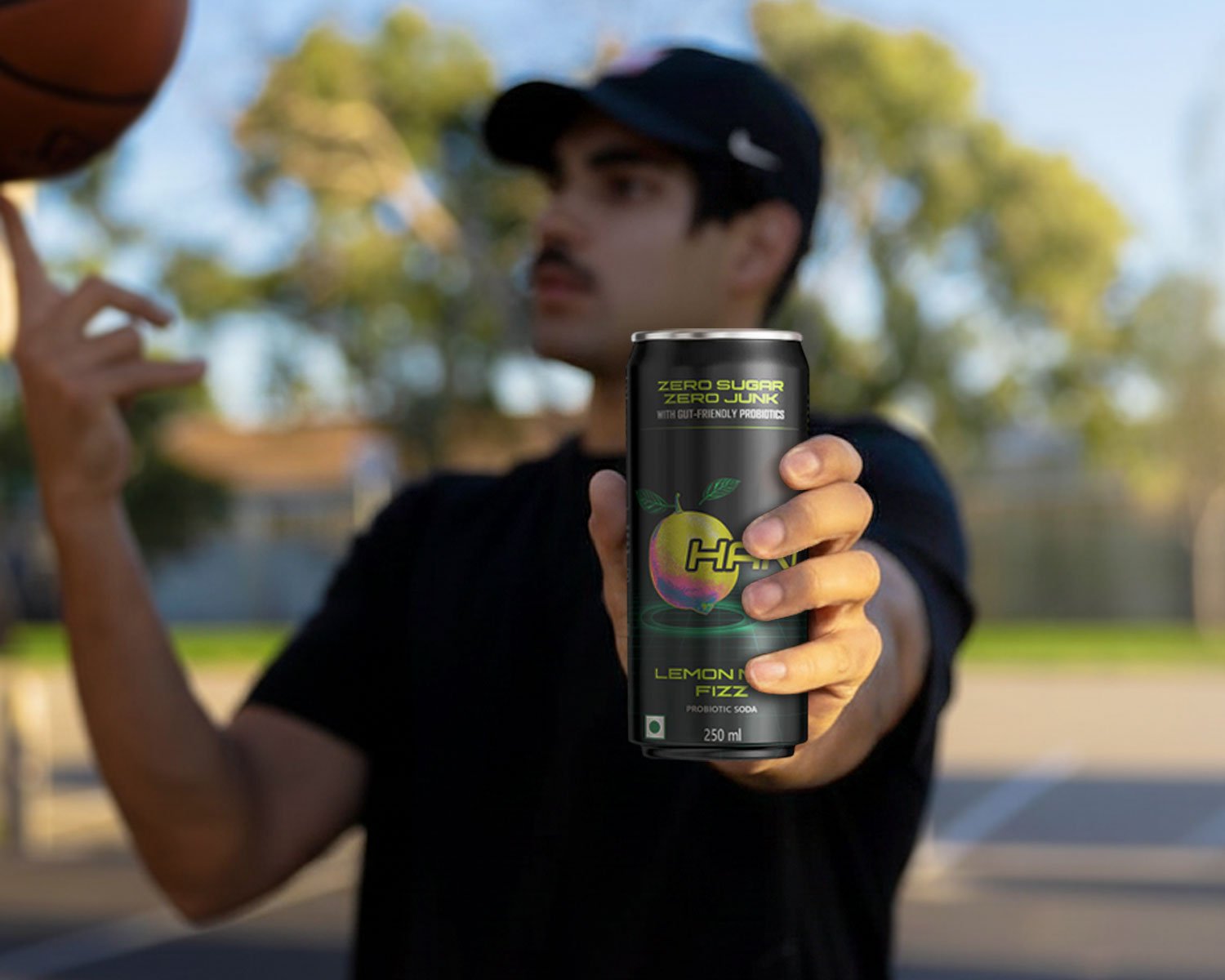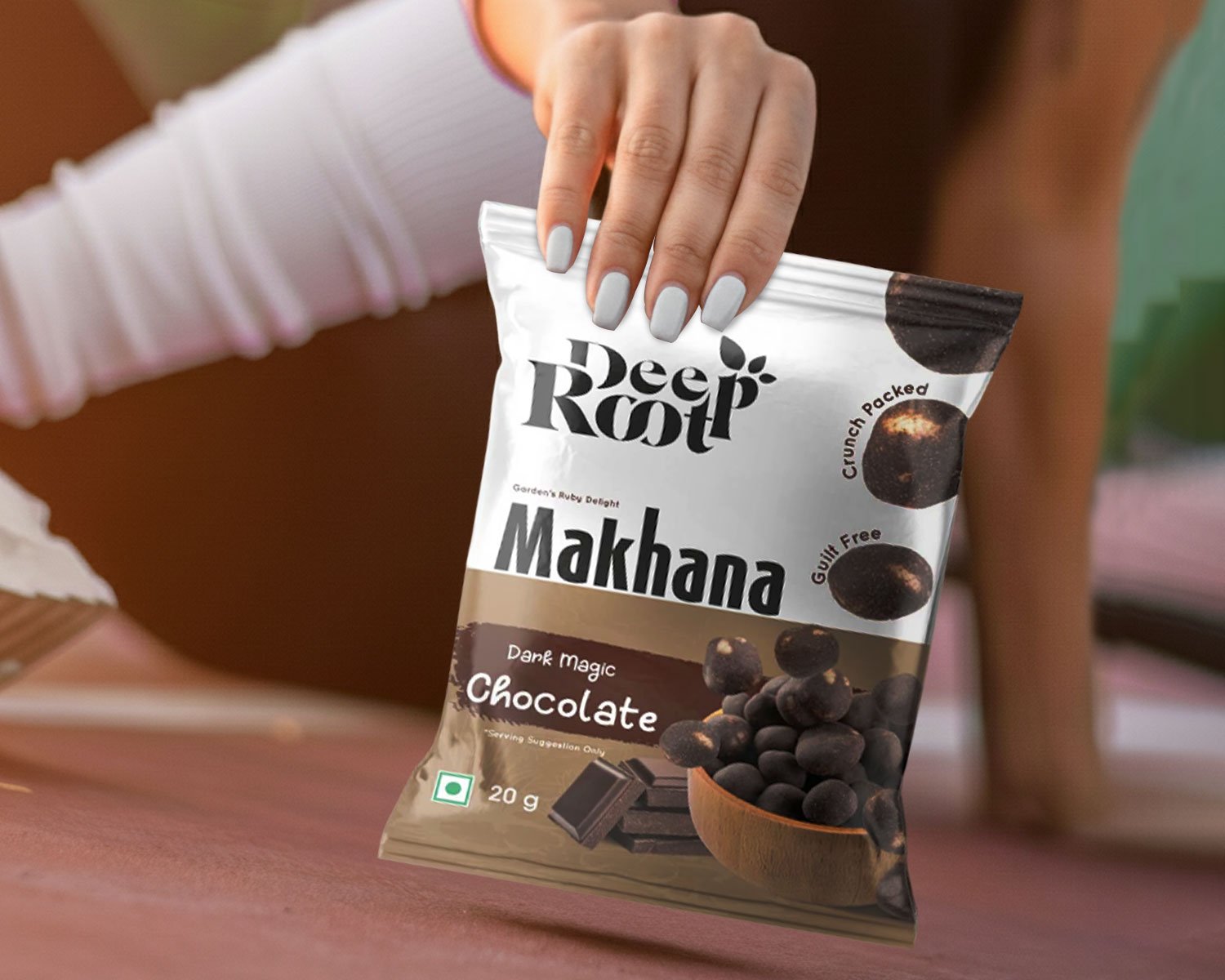The Global Opportunity for Indian Beverage Brands. If you’re making a tasty juice, energy drink, or herbal tea in India — good news! Countries like the UAE, Europe, and Africa are looking for fresh, healthy, and unique drinks from brands like yours. The demand is growing fast, especially for ready-to-drink and clean-label options.
But here’s the thing: just having a great-tasting product is not enough. To get your drink on the international market, your product must be beverage export-ready. That means it should meet all packaging, labelling, and safety rules of the country you’re sending it to.
Want to know how Indian beverage startups can export to Europe? Or how to comply with UAE beverage export regulations? This blog is your complete guide to getting your beverage export-ready, step by step and stress-free.
Understand What "Beverage Export-Ready" Means
So, what does it mean to make your beverage export-ready? It’s simple — your beverage should follow all the food safety, packaging, labelling, and shipping rules of the country you’re selling to.
Whether you want to Export Beverages to the UAE, learn how to export beverages to Europe, or grow your beverage export to Africa, you need to tick off a few important things:
- Can you prove your drink is safe and has a good shelf life?
- How to comply with UAE beverage export regulations
- Do you have the right export documents and labels?
- Can your product be shipped without damage or spoilage?
- Are you following the ingredients and labelling rules of that country?
If the answer is yes to all of these, you’re on the right track! If not, don’t worry — we are here for you with an Export-ready checklist for beverage companies that simplifies the entire process.
Contact us now — let’s make your beverage export-ready together!
Market Research: Know Your Destination
UAE
- The UAE is a busy and diverse market that loves new and high-quality drinks.
- If you want to sell alcoholic drinks, you need special permission and must follow strict rules.
- Non-alcoholic drinks like juices and health drinks are very popular, especially because many people care about staying healthy.
Europe
- Europe is a big and varied market with strong food safety and quality rules.
- The EU has common rules, but some countries may ask for extra things.
- European buyers care a lot about sustainability, organic products, and knowing where things come from.
Africa
- Africa’s market is growing fast, and people want new and affordable drinks.
- Every country has its own rules for imports, so you need to do your homework.
- Important markets to focus on are Egypt, Sudan, Benin, and South Africa.
Tips:
- Analyze consumer preferences, competitors, and pricing.
- Attend trade shows and connect with local partners.
- Use government trade data and market reports to identify trends.
Product Compliance & Certification
Export Beverages to UAE
- Obtain a trade license and register with UAE Customs.
- Alcoholic beverages require import permits and must comply with Islamic laws.
- Halal certification may be required for certain products.
Europe
- Products must comply with EU food safety regulations (Regulation (EU) 2019/787 for spirits).
- Health certificates and, for some products, Export Health Certificates (EHCs) are mandatory.
- Maximum residue levels (MRLs) and ingredient restrictions apply.
Africa
- Import requirements vary by country; some require prior authorization and strict certification.
- Key certifications: Certificate of Origin, phytosanitary certificates (for plant-based drinks), and sometimes Halal certificates.
Checklist:
- Ensure your product meets all safety, health, and labeling standards.
- Obtain necessary certifications before shipping.
Know the Regulatory Bodies You Must Comply With
Before you start sending your drinks to other countries, it’s important to understand the rules each region follows. Every place has its own set of laws for food and beverage export compliance, and if you miss even one, your product might get delayed or rejected.
Here’s a quick breakdown:
- Export Beverages to UAE: follows rules set by ESMA (Emirates Authority for Standardization and Metrology)
- Europe goes by EFSA (European Food Safety Authority), and each country may have extra rules, too.
- Africa is different for each country, like Kenya (KEBS) or Nigeria (NAFDAC)
- In India, you need to follow FSSAI and register with APEDA before exporting
To get started, make sure you have:
- A valid FSSAI Export License
- DGFT registration (that’s the Director General of Foreign Trade)
- Proper HS or custom tariff codes for your product
- And yes — the right Beverage Export Certification.
Keep things simple, follow the checklist, and you’ll be export-ready in no time.
Perfect Your Beverage Labelling for Export
Also, double-check your product labels before shipping! One of the most common reasons shipments get stuck is labelling mistakes to avoid when exporting beverages. Something as small as a missing expiry date or wrong ingredient order can create big trouble.
Want to avoid delays or rejections? Start with the basics — your beverage labelling for export must be spot on. It should include:
- Product name (as per the local language rules)
- Ingredients (from highest to lowest)
- Nutritional info and allergen warnings
- Batch/lot number, MFG & expiry date
- Storage instructions and country of origin
- Barcode or QR code (if required)
Some countries, like those in Europe, even ask for dual-language labels and specific laws like EU Regulation 1169/2011.
And don’t forget your beverage packaging for export — it must follow packaging regulations for export beverages, keeping the product safe, sealed, and compliant with local eco-rules.
Tip: Always double-check international beverage label requirements before shipping to any country.
Verify Beverage Shelf Life Testing and Stability
Before you export, your drink needs a clear shelf life. Buyers and regulators want proof that your beverage stays safe and fresh.
Make sure you:
- Know how long your drink lasts (in all conditions: room temp, fridge, freezer)
- Get proper tests done by a food R&D lab
- Use packaging that keeps your drink stable
This applies to all drinks — fizzy, dairy, juices, or plant-based.
For the UAE and Africa, heat resistance and longer shelf life are very important. Also, double-check that your label meets international beverage label requirements before shipping.
Choose the Right Beverage Packaging for Export
Your beverage packaging for export plays a big role in keeping the drink safe, fresh, and easy to ship. For Europe, make sure you follow beverage export packaging compliance for EU markets and stick to all packaging regulations for export beverages.
Your beverage packaging for export should:
- Make sure it doesn’t leak and can’t be opened easily by mistake
- Choose packaging that matches your drink type (like special packs for ready-to-drink juices)
- In Europe, your packaging should be eco-friendly
- Add recycling or reuse symbols if the country asks for it
- If you're exporting to the UAE, you might need to show a Halal logo too
Also, test your packaging by shaking it, dropping it, and seeing if it still holds up, just like it would during shipping.
Think of your packaging as your drink’s passport — it needs to be strong, smart, and ready for the journey!
Get Your Documentation Right
When you export your beverage, the paperwork needs to be 100% correct. If something’s missing or wrong, your shipment can get delayed or even sent back.
Here’s what you’ll usually need:
- A commercial invoice (shows what you’re selling)
- Bill of lading (details about shipping)
- Certificate of origin (tells where the product was made)
- Packing list (what’s inside the shipment)
- Product specs (what your drink is made of)
- FSSAI and health certificates (to show it’s safe to drink)
- Phytosanitary certificate (for plant-based drinks, if needed)
- Free Sale Certificate (needed in the EU or US)
- Halal certificate (for Islamic countries like UAE)
Tip: Talk to an export documentation consultant or your shipping partner to make sure everything’s in order. One small mistake can hold up your entire shipment!
Test Your Beverage in the Target Market
To export your beverage, here is the tip you should follow: before full-scale export, consider a pilot shipment or sampling campaign in your target market.
This helps you:
- Get buyer or distributor feedback
- Identify any sensory, stability, or compliance issues
- Build local trust
In Europe and the UAE, local distributors often test product-market fit through small-scale trial sales.
Adapt to Cultural and Regional Preferences
One flavour doesn’t fit all. What sells in India might not work in Europe or Africa.
Examples:
- UAE: Low-sugar drinks, functional beverages, energy boosters
- Europe: Plant-based, organic, sustainability-focused products
- Africa: Affordable packaging sizes, fruit-forward flavours, and long shelf life
Customise:
- Sweetness level
- Packaging size (200ml vs 1L)
- Health claims and certifications (organic, vegan, etc.)
Get the Right Certifications
Certifications build trust and are often mandatory.
For beverages, you may need:
- FSSAI Export License (from India)
- ISO 22000 or FSSC 22000 (for food safety)
- Halal Certification (UAE, African nations)
- Organic Certification (Europe)
- BRCGS or HACCP compliance
Also, retailers in Europe often prefer working with GFSI-certified suppliers.
Partner with Experienced Export Consultants or Agencie
We understand that exporting drinks can be confusing, but trust that experts can make it easier. They have experience and they know how to make your brand shine. They help you:
- Avoid big mistakes
- Get your product approved faster
- Find buyers and sellers
- Set good prices and payment plans
You just have to find the right beverage consultant who knows the food and beverage rules, paperwork, and shipping for the countries you want to sell in.
Exporting Beverages Is a High-Potential Game—If You Play It Right
The UAE, Europe, and Africa are full of exciting opportunities for Indian beverage brands. But here’s the truth — only those who are fully beverage export-ready will clear customs, impress buyers, and stay on store shelves.
Not sure where to start? No need to worry about it, just contact Foodsure today!
Call our experts at +91 8130404757 to get your own custom Beverage Export-Ready checklist.
We’ll help you with documentation, labelling, packaging rules, and everything else you need to start shipping confidently.
Don’t let paperwork or compliance slow you down — go global the right way, right now!
FAQs
It means your drink follows all the safety, labelling, packaging, and shelf life rules of the country you want to sell in.
Yes! You need an FSSAI Export License along with DGFT and customs approvals to start exporting.
Usually, no. You first sell through importers or distributors. Once your brand is trusted, you can go for direct retail.

